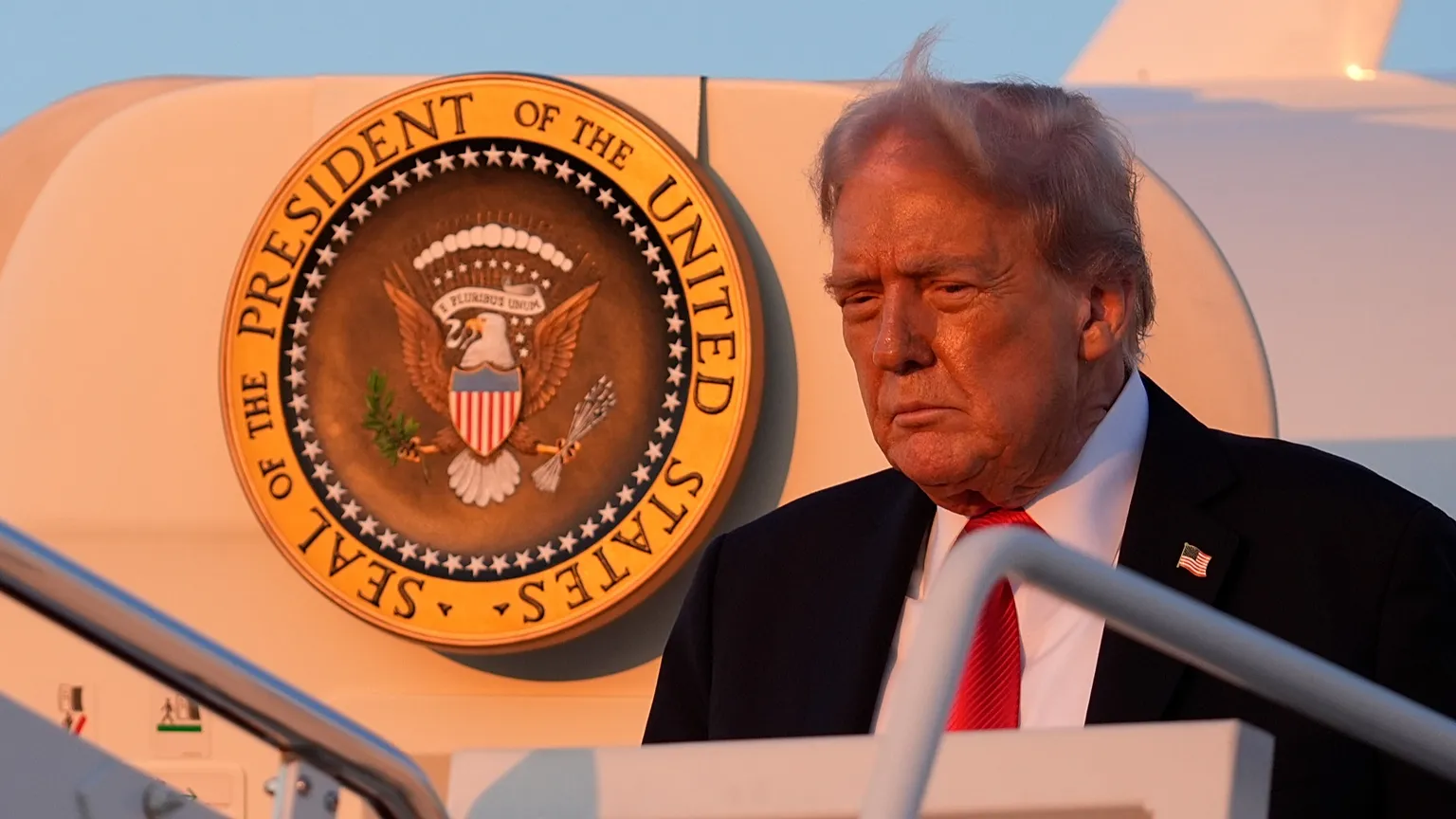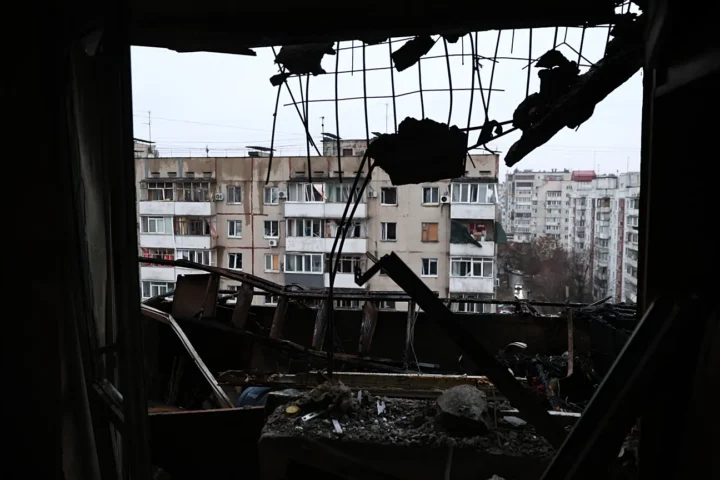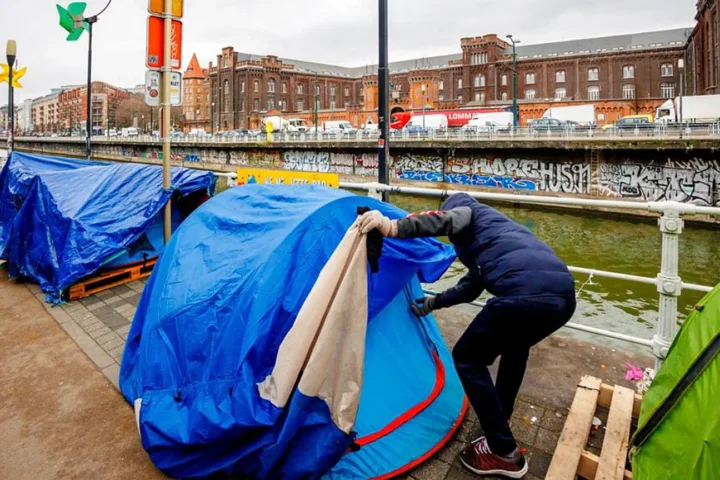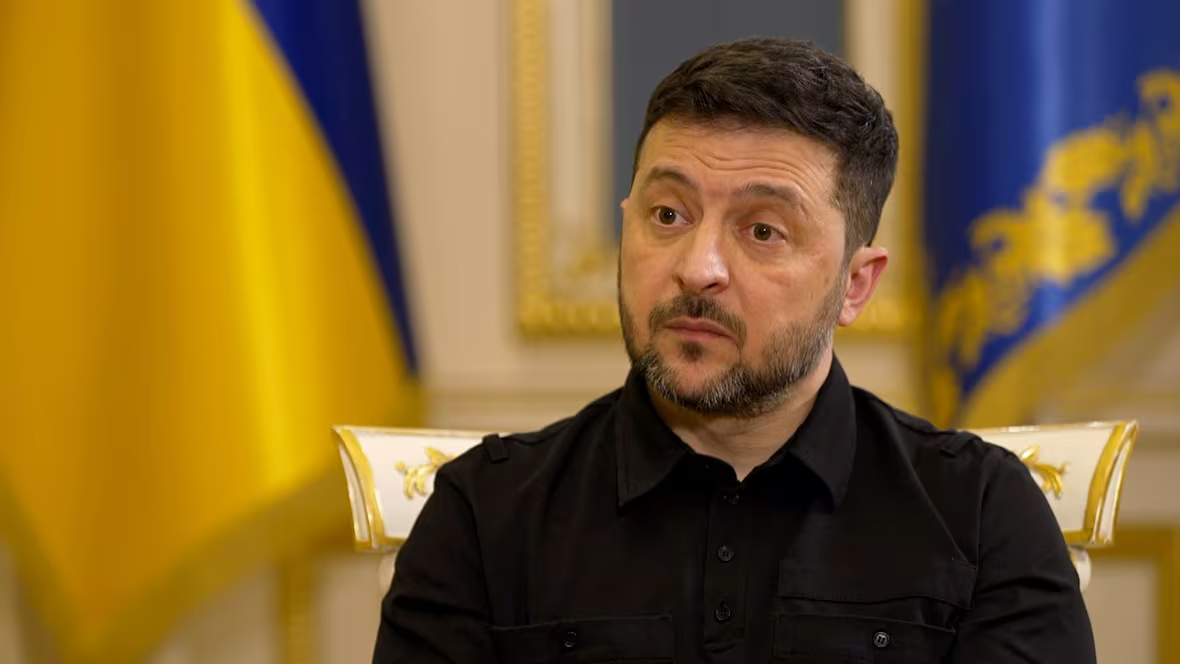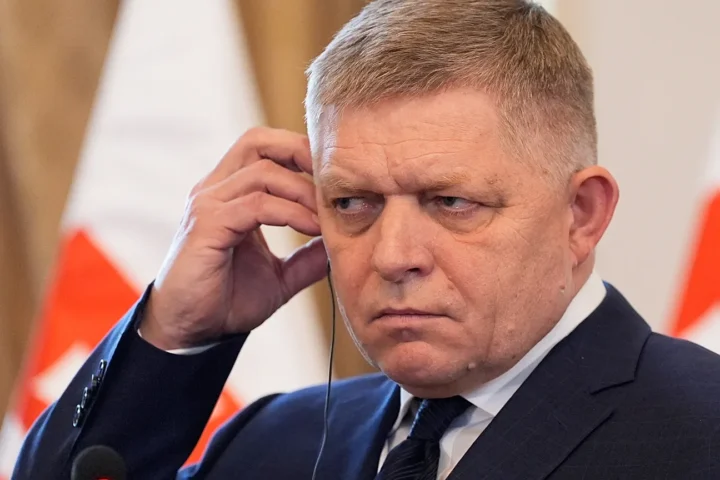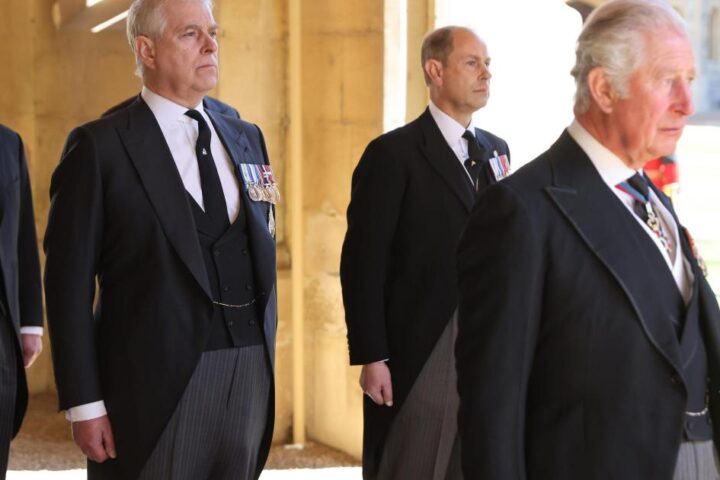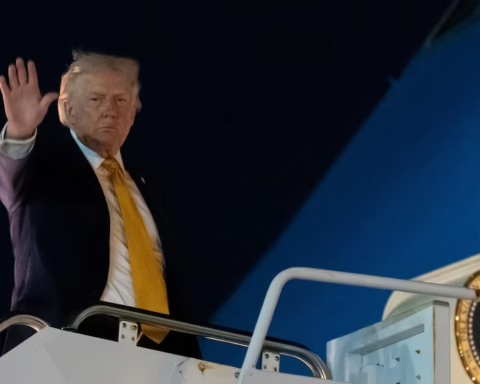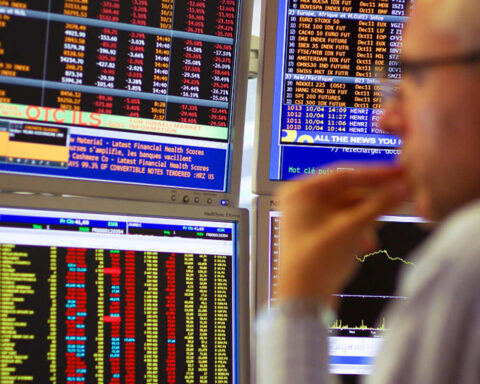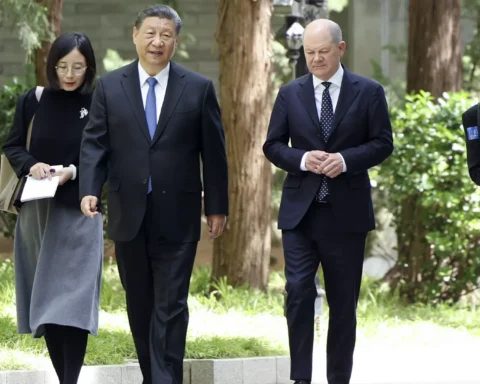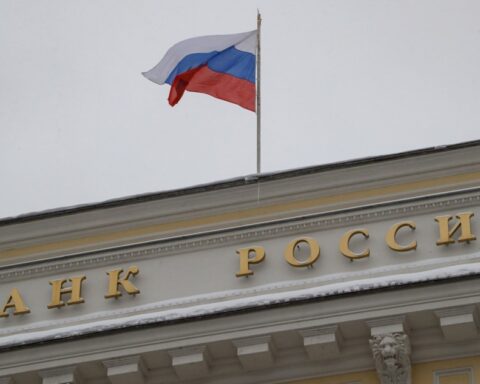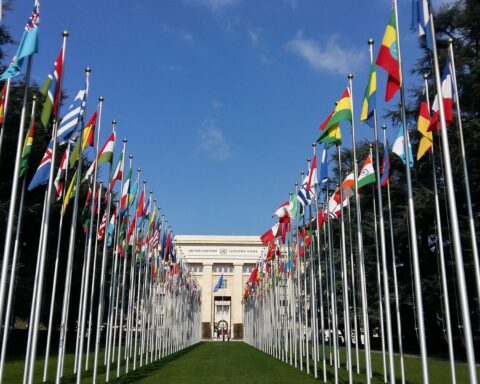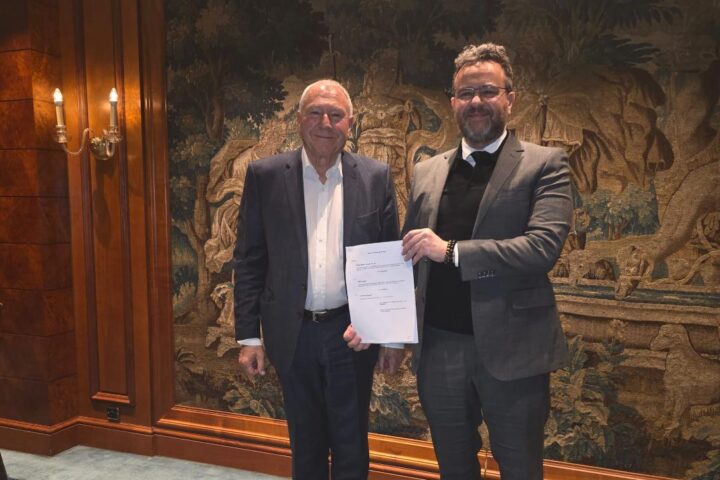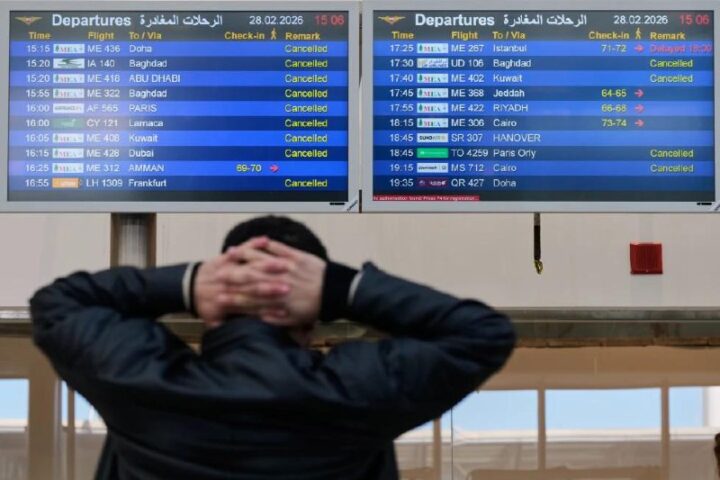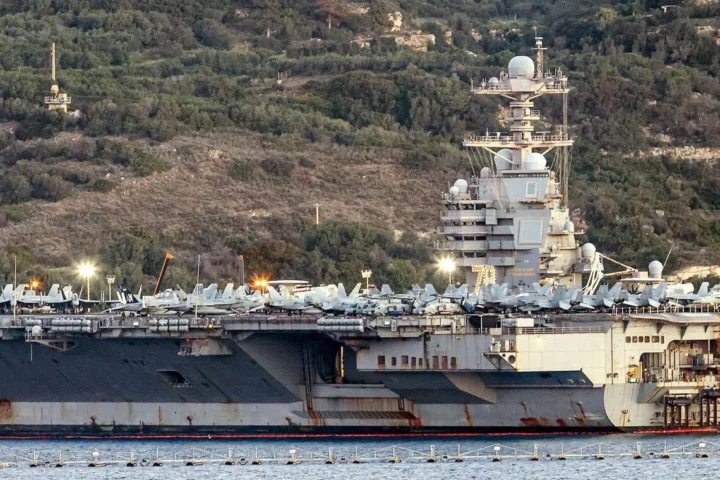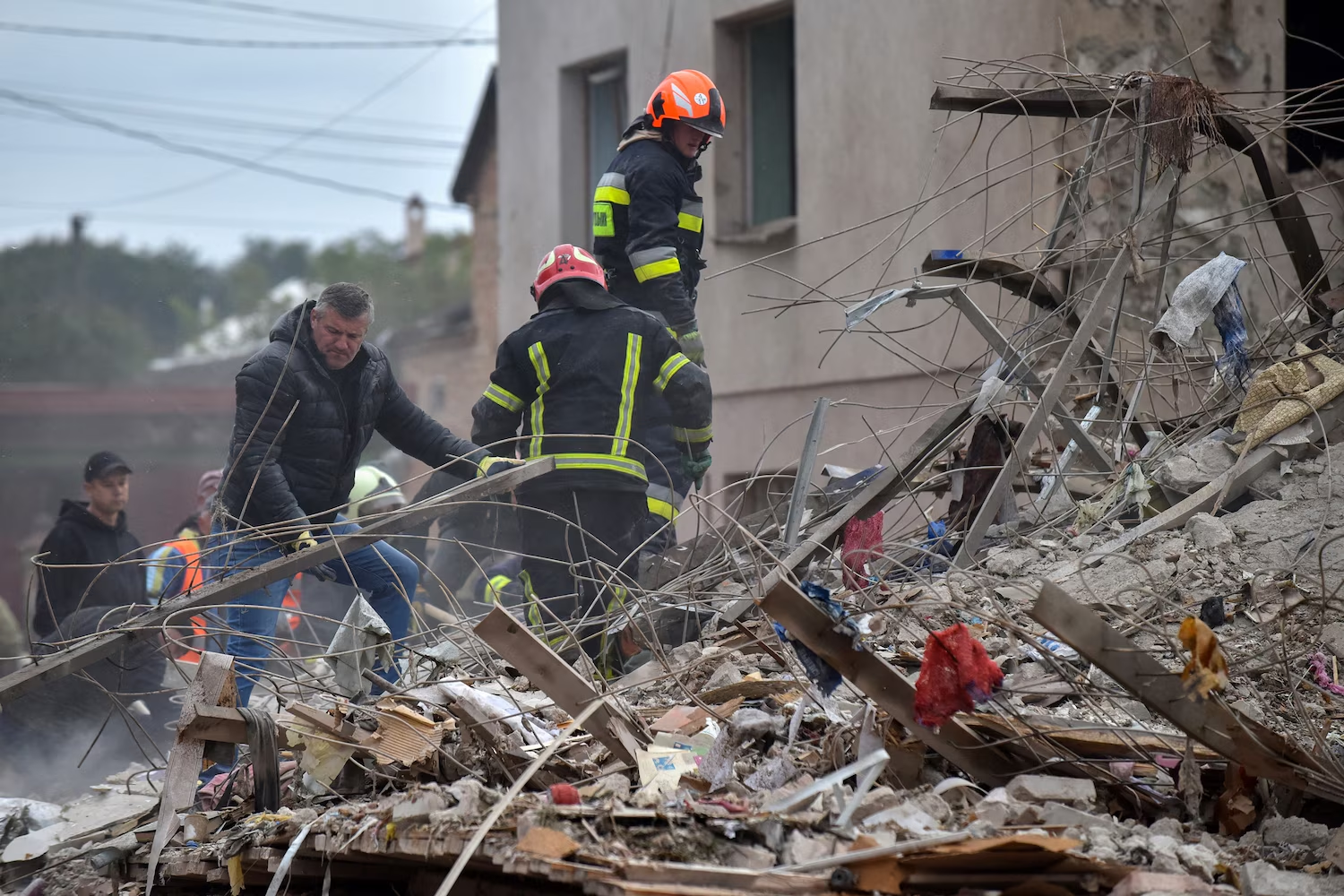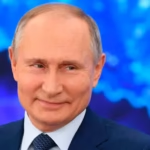U.S. President Donald Trump has claimed that senior European leaders are preparing to travel to the United States for discussions aimed at ending the war in Ukraine, a statement that has sparked fresh debate over both Washington’s role in peace negotiations and Trump’s own influence on global diplomacy.
Trump’s Claim and Its Context
Speaking during a campaign event, Trump suggested that European heads of state have signaled a willingness to engage directly with him in talks designed to “bring peace” to Ukraine. Without naming the leaders or specifying dates, Trump insisted that “Europe is ready to sit down in America and negotiate an end to this war.”
The remarks come as the conflict enters a grinding phase, with neither Russia nor Ukraine making decisive territorial gains. As the war stretches into its third year, European nations are increasingly anxious about the economic and social toll, including the strain of hosting millions of Ukrainian refugees and rising defense expenditures.
Mixed Reactions in Europe
European officials offered a cautious response to Trump’s statement. Some diplomats acknowledged that discussions are ongoing within the EU about possible diplomatic channels, but they emphasized that any formal negotiation must involve Ukraine directly. Others dismissed Trump’s comments as campaign rhetoric designed to highlight his foreign policy credentials ahead of the U.S. presidential election.
A senior EU diplomat speaking on condition of anonymity told reporters, “Europe’s position has always been clear: peace cannot be negotiated without Kyiv at the table. Any suggestion otherwise misrepresents our stance.”
Washington’s Current Position
The Biden administration has consistently maintained that the U.S. will continue supporting Ukraine militarily and financially for “as long as it takes.” While there have been quiet discussions about potential frameworks for future peace talks, the official U.S. line remains that Russia must withdraw its forces from occupied territories before any settlement can be reached.
Trump, however, has repeatedly argued that he could end the war “within 24 hours” if reelected, claiming his personal rapport with both Russian President Vladimir Putin and Ukrainian President Volodymyr Zelensky would enable him to broker a deal. Critics have dismissed these claims as unrealistic and potentially damaging to Western unity.
The Stakes for Europe
For European leaders, the pressure to find a pathway toward de-escalation is intensifying. The war has driven up energy costs, slowed economic growth, and reignited debates about Europe’s reliance on U.S. security guarantees. France and Germany, in particular, have been exploring diplomatic options, though both remain committed to Ukraine’s sovereignty.
Analysts suggest that if European leaders were indeed to visit Washington, the move could signal both a desire to test alternative diplomatic routes and a recognition of the U.S.’s central role in shaping outcomes.
Broader Geopolitical Implications
The prospect of European leaders meeting Trump—who currently holds no official position—raises questions about the intersection of international diplomacy and American electoral politics. It also underscores growing concerns within Europe that U.S. policy toward Ukraine could shift dramatically depending on the outcome of the 2024 presidential election.
“Europe is hedging its bets,” said one international relations expert. “Even if Trump is not in office, his chances of returning to power mean European leaders cannot ignore him entirely.”
Looking Ahead
Whether Trump’s claim reflects genuine diplomatic planning or political theater remains unclear. What is certain, however, is that the war in Ukraine continues to dominate the transatlantic agenda. As the conflict grinds on, Europe and the United States alike face mounting pressure to find a strategy that balances military support for Ukraine with credible steps toward peace.
For now, Trump’s assertion has added a new layer of intrigue to an already complex and high-stakes geopolitical drama—one in which the line between politics and diplomacy is becoming increasingly blurred.
